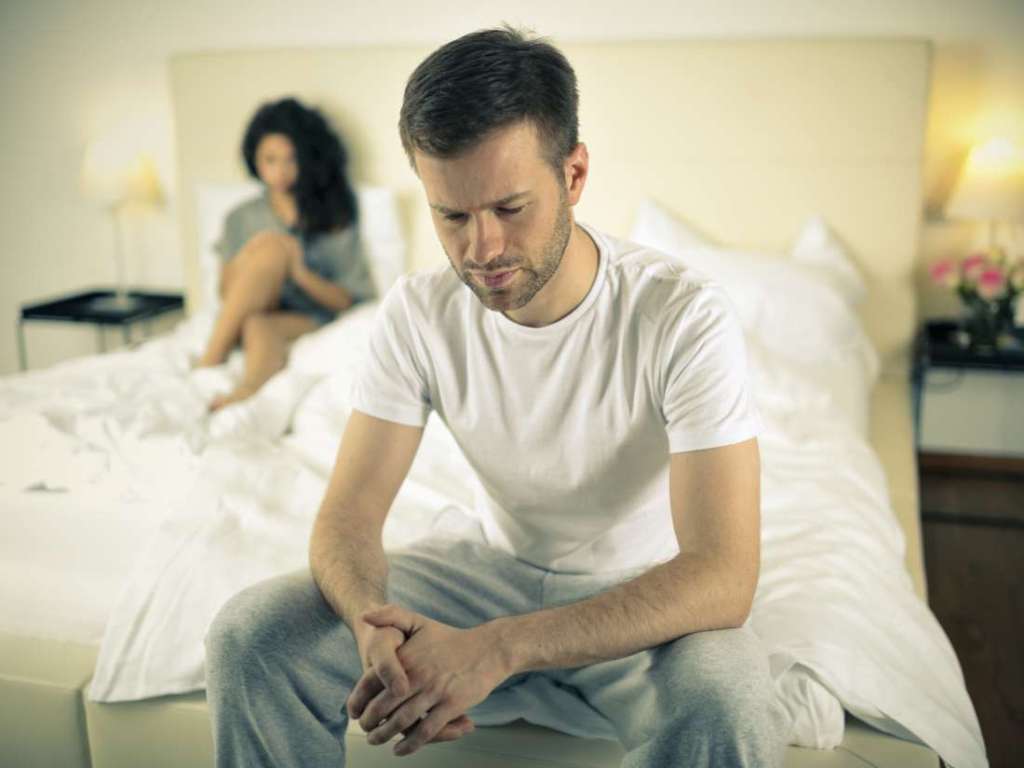Erectile dysfunction is the inability to achieve or maintain an erection. This condition is common in men of older age, but young men are also affected by this condition. It is caused by an inadequate blood supply to the penis, which may be the result of psychological or physical problems. Physical problems are the leading cause of ED, with the causes including:
- Cardiac disease
- Neurovascular disorders
- Hypertension
- Hormonal problems
- Diabetes
Occasional difficulty getting an erection should not be a worry, but if you have persistent problems, then you may need to see a doctor. Psychological erectile dysfunction is when a man fails to get or maintain an erection even though there appears to be no physical reason. Recently, the psychological issues behind ED have been the subject of many scientific studies, and there are now more things that can be done to aid sufferers. Depression and anxiety top the list of psychological causes, but the good news is that ED can be cured if there is no permanent damage to any of the organs responsible for the erection process.
Depression: Daily life routines and the meeting of obligations and responsibilities are leading causes of stress and depression. Unfortunately, many people are unaware they are suffering from depression until it starts affecting their normal functioning and performance – only then do they realize they need help.
Anxiety: This is also known to bring about ED, primarily as a result of stress from work. Stress about sex can also lead to performance anxiety, which in turn can lead to erectile dysfunction.
Low self-esteem: This can be a result of a previous episode of not being able to have or maintain an erection, hence the feeling of inadequacy. This could also be brought about by childhood trauma or sexual abuse.
Psychological erectile inability is very treatable – here are some tips to help with the condition:
Have an open talk with your partner

Erectile dysfunction does not only affect the man but also impacts the partner and family as well if it brings about stress and depression, or is a source of quarrels between the couple. For those suffering from this, it is crucial to have a sit down with your partner. Let the talk be open, and explain the reasons why you think this could be happening. Speaking openly about the issue with the person who is bound to get affected directly counts as the first step of treatment. Your needs to understand exactly what is going on and offer you opinions on what he or she thinks is best for the situation. Consider discussing the ways your partner can help boost your libido or provide you with more support.
Change of thoughts and expectation
The kind of things that you think of, particularly about sex and about yourself have a great impact on your sex drive and ability to perform. Try to boost your self-esteem now and then by thinking of positive stuff about yourself. Convince yourself that you are attractive, including your partner as a way of adding to your sex drive and urges. Try not to have too high expectations on how you’ll perform in your next sexual encounter – this will lower the risk of disappointment and a blow to your self-esteem. Instead, take things slow as you go through treatment and give yourself time to recover without pressuring yourself.
Guided imagery

Guided imagery is a type of therapy focused on harnessing all senses through the use of mental images that bring about positive feelings and relaxation. Undergoing this kind of therapy gives you the ability to perceive things positively through the use of all the senses, particularly touch and sight, which play a major role in boosting sexual drive and urge.
Psychological causes are relatively easy to deal with compared to physical causes, especially where there is acceptance of the condition and a commitment to the treatment process.
End Of Article




